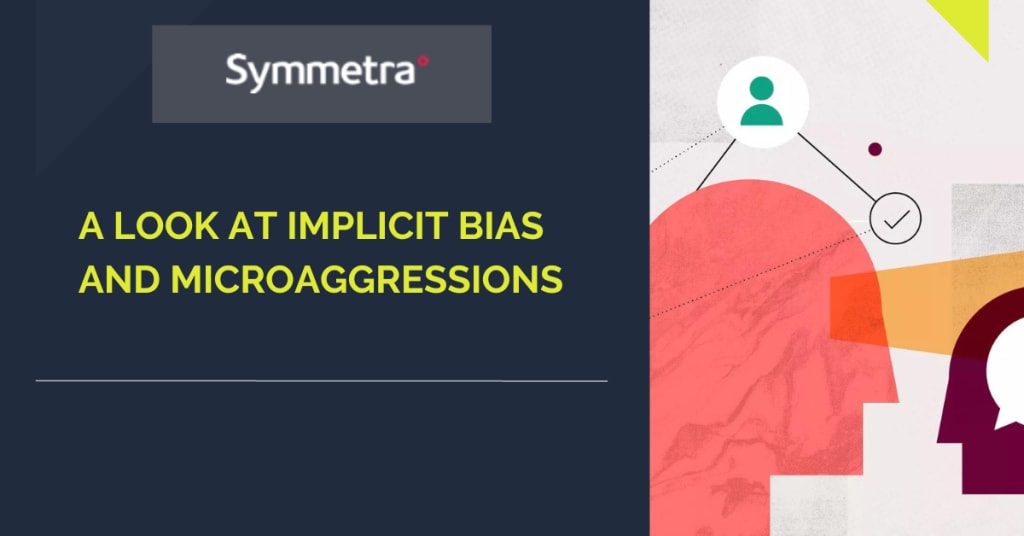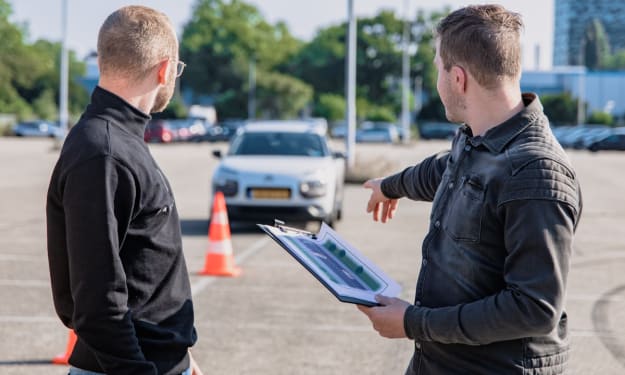A Look At Implicit Bias And Microaggressions
There can be both physical and mental negative impacts on individuals through microaggression, and implicit bias partly contributes to this. Here’s how.

There is no truth in the English children’s rhyme “sticks and stones may break my bones. But words shall never hurt me”. These types of childhood encouragements were supposedly intended to build resilience, allow one to keep calm, and deflect danger. A recipe apparently for good living?
The real question is, why should we have to defend ourselves in this manner against name-calling, verbal bullying, and general hostilities of all types that are offensive, insensitive statements, etc.?
According to the Harvard Business Review, the research is clear on microaggression of this nature. The negative impact can be both physical and mental. Especially if endured over a protracted period, micro-aggressive words can lead to depression, prolonged stress and trauma, high blood pressure and difficulties in sleeping, and more. This may in fact be the tip of the iceberg. Unconscious bias eLearning will make the insidious nature of insensitive statements, questions, or assumptions, The recognition and acknowledgement of the existence of pervasive microaggressions in the workplace makes the need for bullying prevention training online clear.
None of us should be subjected to others targeting any aspect of our identity.
Mindfulness on all fronts
We have evolved and are focused on creating well-being in the workplace. We want to facilitate optimal job satisfaction and a sense of inclusion to unleash career potential. Employees should be safe in the workplace and entitled to an environment supportive of emotional and cognitive stability. Microaggressions are not only morally and ethically unacceptable, but need to be properly understood to create awareness of the damage inherent in this behaviour. Diversity training on unconscious bias will showcase the dangers of implicit bias and maximise our chances of dealing with microaggressions effectively.
The workplace is not child’s play and we cannot afford to take the risks of destroying people’s lives and careers if we do not meaningfully address the dangers of allowing microaggressions to be part and parcel of any organisation’s culture or climate. Unconscious bias online training not only enhances awareness of even unintended consequences of implicit bias but also more importantly conveys the need for each individual to be accountable and responsible for every aspect of their behaviour.
Owning our words
When we measure inclusion, we may unearth the extent of microaggression in the workplace and be in a better position to recognise and deal with it constructively. We should not simply gloss over perpetrators’ defence and rationalisations that some people in society are simply hypersensitive and that the world has become too liberal. We need to call out all wrongdoing for what it is. When we use the microaggressions, we disrespect others, use our power to exacerbate inequalities, and impair others’ dignity substantially.
Implicit bias training will teach us to be more intentional about our language, its impact, and its potential to do significant damage if unchecked. Whilst there are many potential pitfalls as we learn more about ourselves and others’ perspectives, the aim is to initially be more thoughtful. We should be focused continually on the building others up rather than breaking them down. Shared insights and small adjustments can make a huge difference to our level of group cohesion and understanding.
Let’s educate ourselves on the nature of microaggressions through unconscious bias online training and other resources urgently. Once we have done the training of all the employees, the aim should be to move towards zero tolerance as quickly as possible.
It is worth considering “although a tongue has no bones, it is strong enough to break a heart”. If we are in the business of winning hearts and minds in the workplace, microaggression must be eradicated.
About the Creator
Rupesh Kumar
Rupesh is a self-taught writer who has been working for Exposework for over 2 years. He is responsible for writing informative articles that are related to business, travel, health & fitness, and food.






Comments
There are no comments for this story
Be the first to respond and start the conversation.